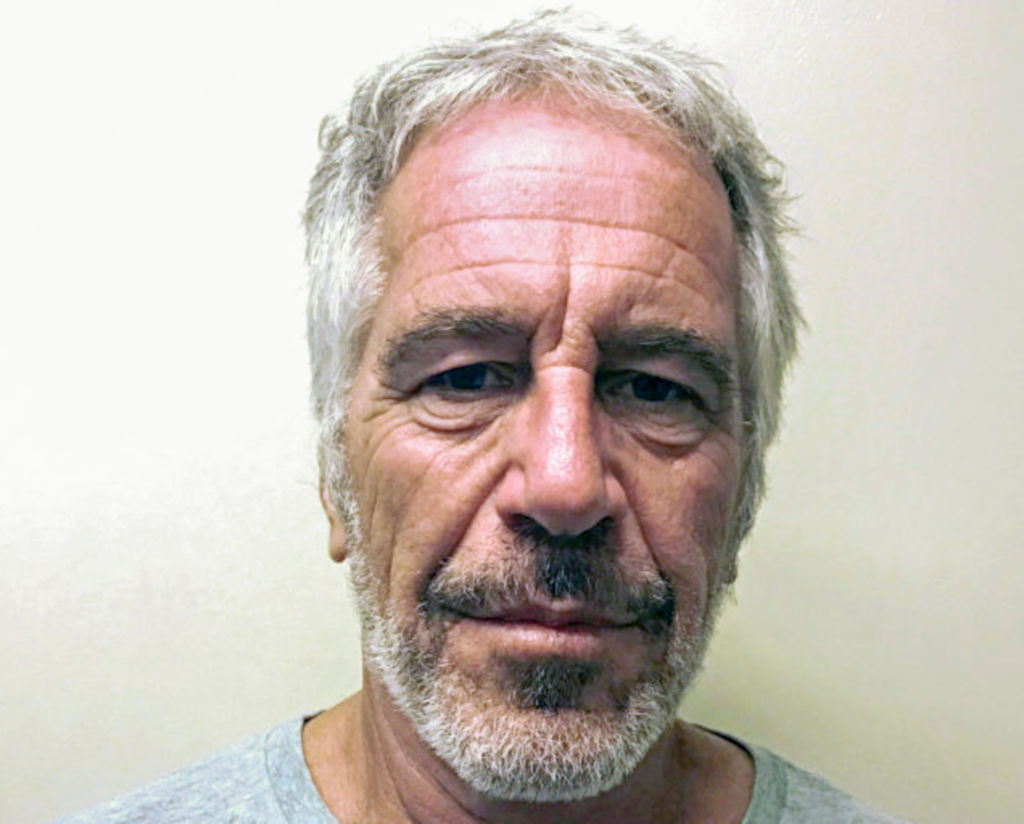Disgraced financier and convicted sex trafficker Jeffrey Epstein was reportedly erratic and sleep-deprived leading up to his death on August 10, 2019, while incarcerated at the Metropolitan Correctional Center in New York City. Arrested on July 6, he spent only 22 hours with the general populace before his notoriety warranted a transfer to a special facility. Epstein frequently expressed frustration with prison life and his health problems, which included sleep apnea, constipation, hypertension, lower back pain, and pre-diabetes.
Following an incident on July 23, where Epstein was found with a bedsheet around his neck, he was put on suicide watch. He was under suicide watch on August 9, the same day when a federal court unsealed 2,000 pages of damning documents relating to a defamation lawsuit by Epstein victim Virginia Guiffre. Signs of Epstein’s emotional distress were apparent, including a call Epstein reportedly made to his deceased mother.
On August 10, at 6:33 a.m., Epstein was found unresponsive. Despite immediate resuscitative efforts and transportation to a local hospital, he was pronounced dead by 7:36 a.m. Post-mortem psychological analysis suggests that Epstein’s lack of significant interpersonal relationships, his tarnished status, and the possibility of life imprisonment likely contributed to his suicide.













